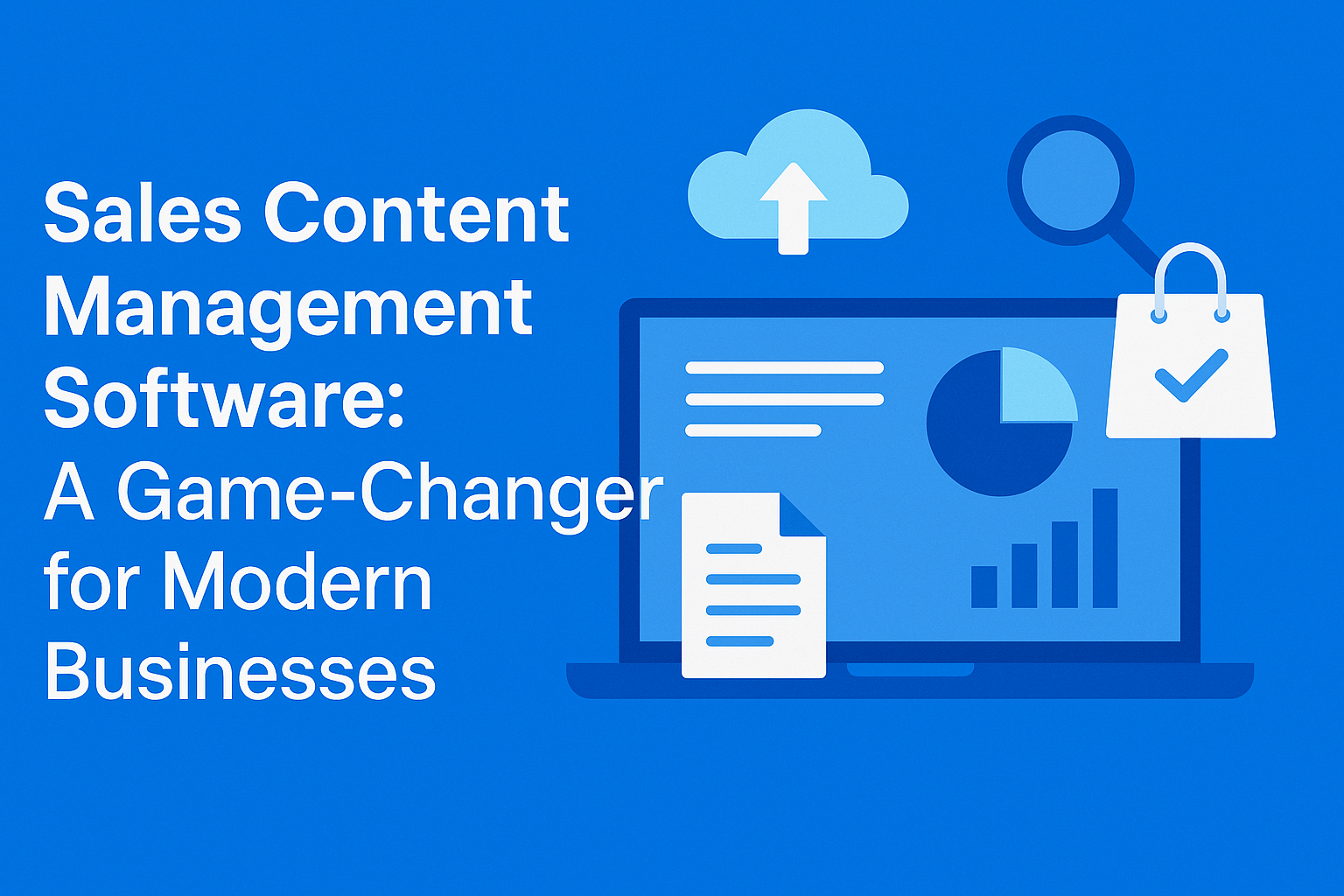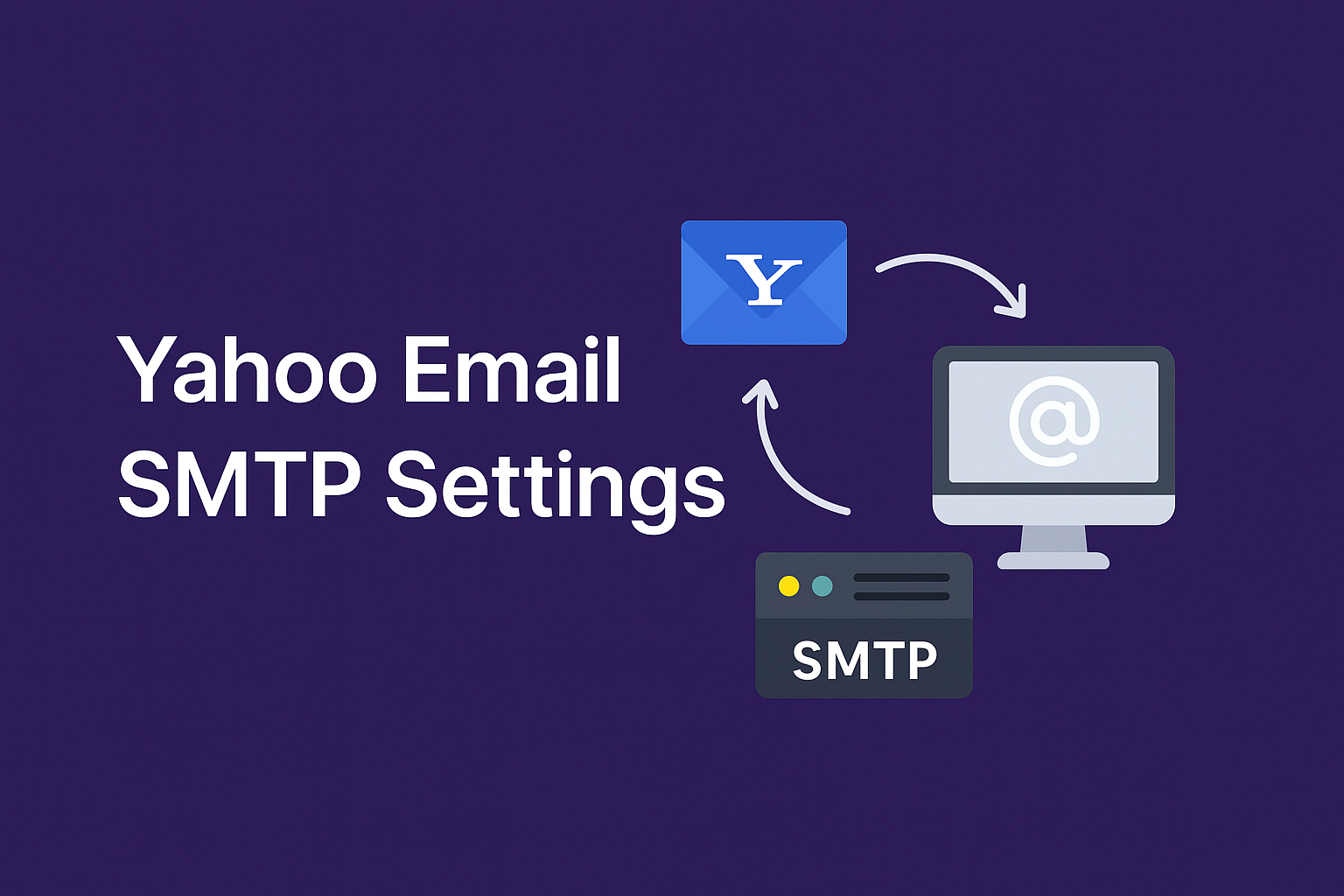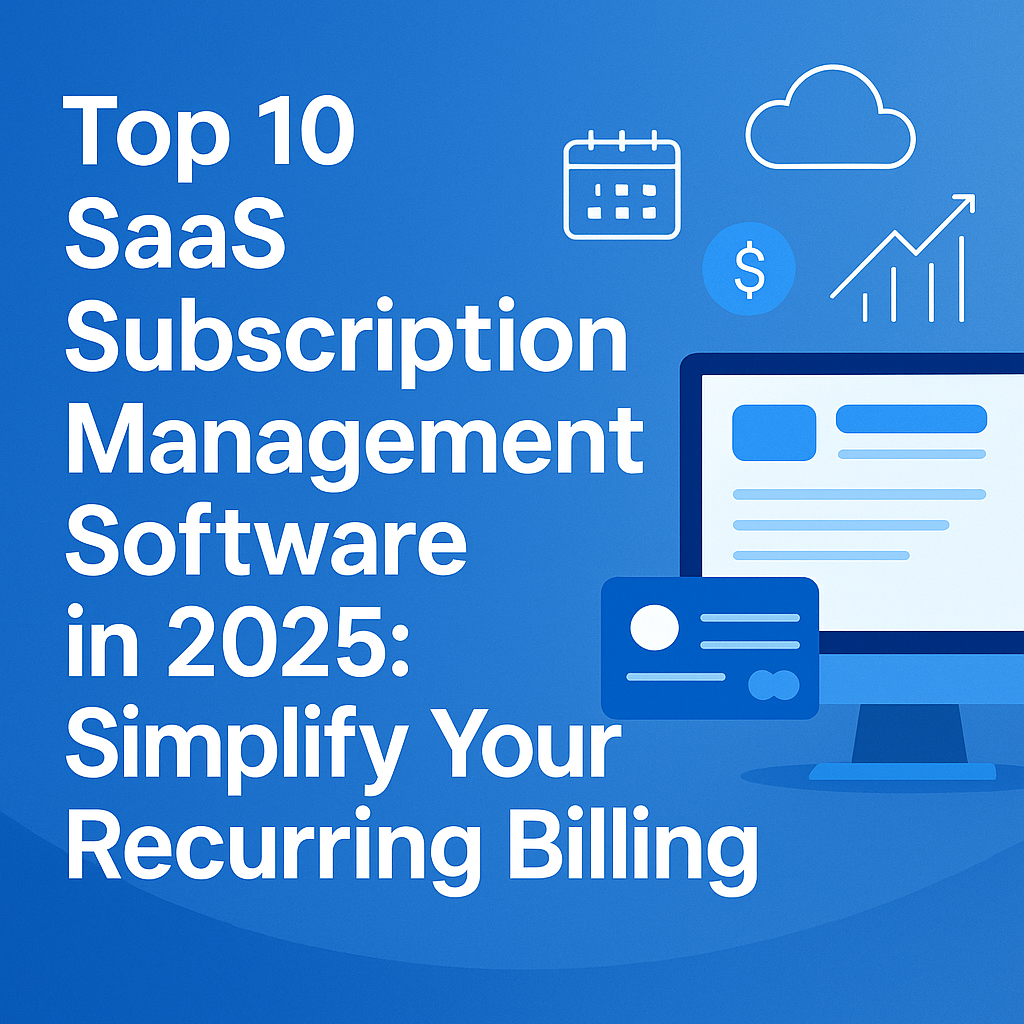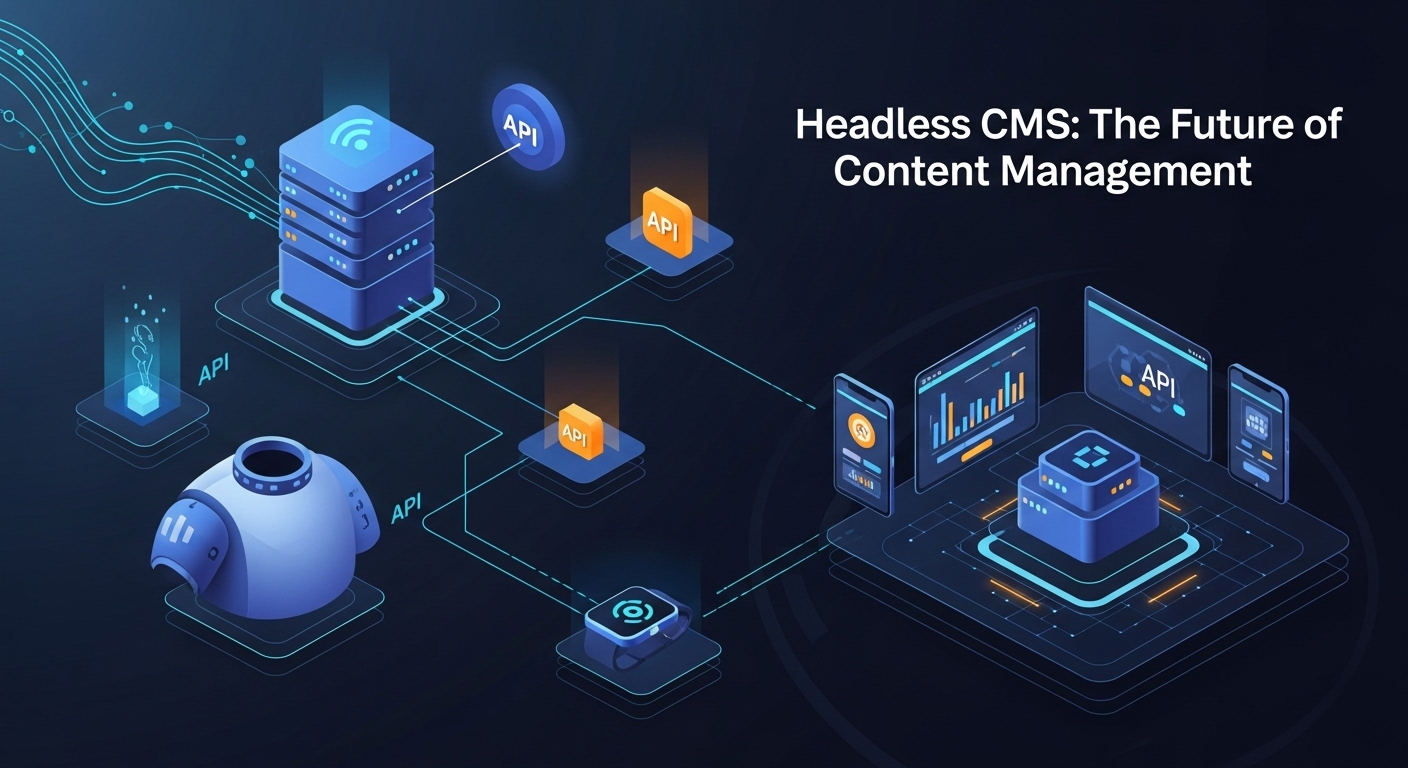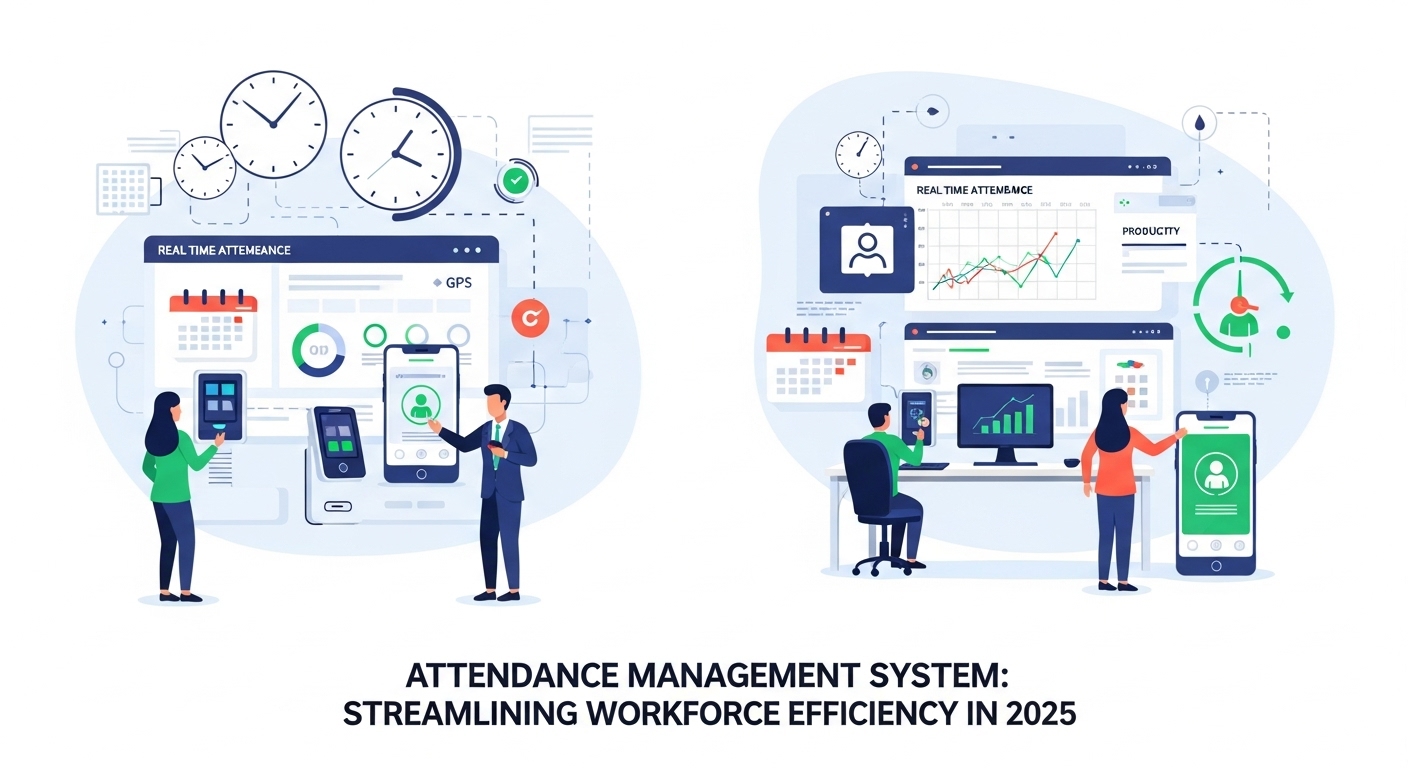Analytics Platform Buyer’s Guide: Everything You Need to Know in 2025
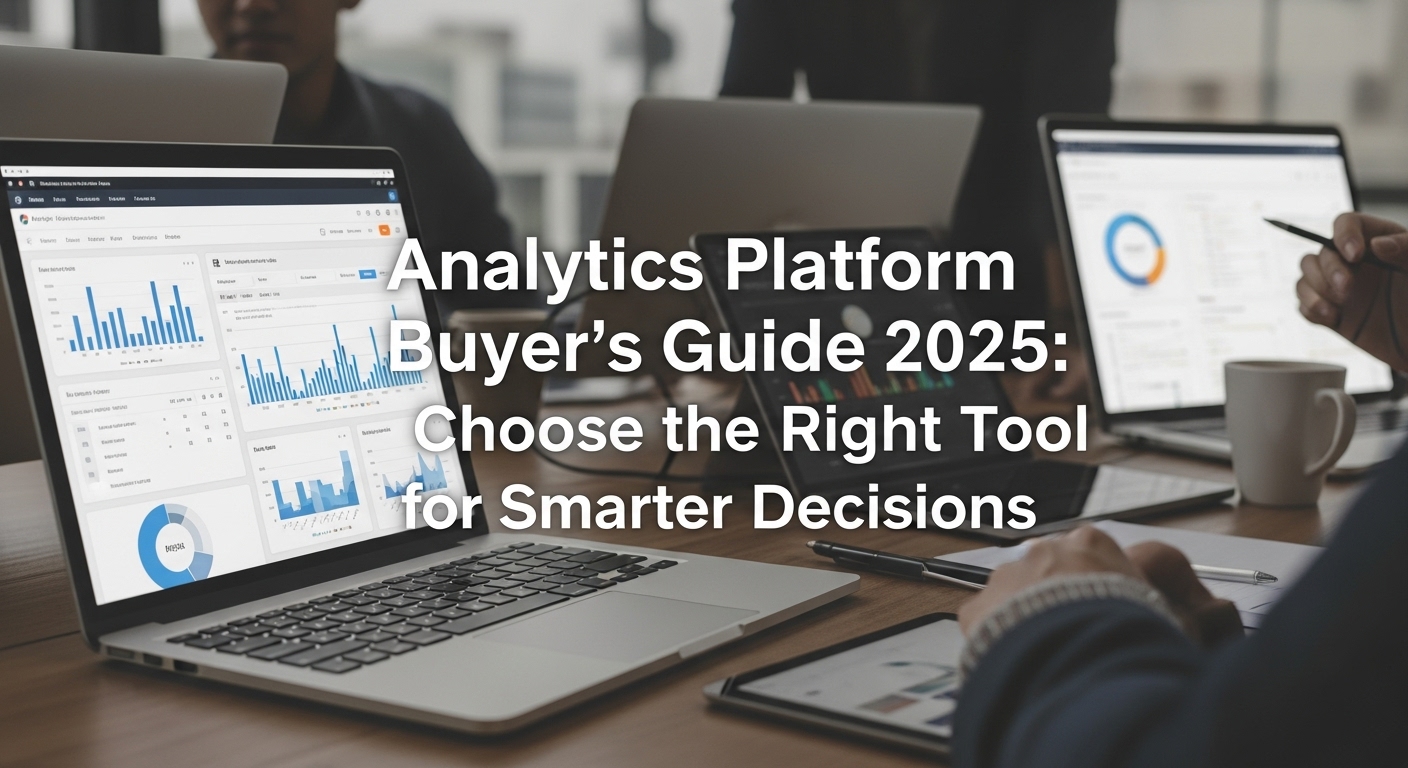
Strong 8k brings an ultra-HD IPTV experience to your living room and your pocket.
Introduction
With businesses generating more data than ever before, choosing the right analytics platform is critical for making informed, strategic decisions. But with so many tools available—ranging from basic dashboards to AI-powered platforms—it’s easy to feel overwhelmed. That’s where this Analytics Platform Buyers Guide comes in.
Whether you're a small business, enterprise, or a data-driven marketer, this guide will walk you through everything you need to consider when selecting the right analytics software for your goals.
Why You Need an Analytics Platform
Today’s digital environment is complex. From website traffic and customer journeys to marketing performance and sales pipelines, data is everywhere. Here's why an analytics platform is a must-have:
- Centralizes data from multiple sources
- Provides real-time performance tracking
- Uncovers insights with AI/ML-driven reports
- Supports data-backed decision-making
- Improves operational efficiency and ROI
Types of Analytics Platforms
Before diving into features, it's important to know what types of platforms are out there:
1. Descriptive Analytics Tools
These help you understand past performance (e.g., Google Analytics, HubSpot).
2. Diagnostic Analytics Tools
They identify causes of trends and patterns (e.g., Looker, Tableau).
3. Predictive Analytics Platforms
They forecast outcomes using machine learning (e.g., IBM Watson, RapidMiner).
4. Prescriptive Analytics Solutions
These offer actionable recommendations (e.g., SAS, DataRobot).
Key Features to Look for in an Analytics Platform
When evaluating platforms, prioritize the following features to match your needs:
✅ Ease of Integration
Ensure the tool integrates smoothly with your CRM, CMS, eCommerce store, ad platforms, etc.
✅ Customizable Dashboards
Your team should be able to create tailored views to monitor KPIs in real time.
✅ AI & Machine Learning Capabilities
Modern platforms provide automated insights, anomaly detection, and predictive modeling.
✅ Data Visualization Tools
Charts, graphs, heatmaps, and other visuals simplify complex data.
✅ Collaboration & Sharing
Stakeholders should be able to share reports, add comments, and access data with permissions.
✅ Security & Compliance
Look for SOC2, HIPAA, or GDPR compliance—especially if you’re in healthcare, finance, or legal sectors.
How to Evaluate Analytics Platforms
Use these steps to compare and shortlist the best tools for your organization:
📌 1. Identify Your Use Case
Marketing attribution? Product analytics? Operational reporting? Define your top 3 objectives.
📌 2. Define Your Budget
Pricing can vary from freemium tools to enterprise-grade platforms with custom pricing.
📌 3. Request a Demo or Free Trial
Test drive features before making a purchase decision.
📌 4. Check User Reviews
Sites like G2, TrustRadius, and Capterra can give honest feedback on performance and support.
📌 5. Assess Customer Support
Live chat, documentation, tutorials, and onboarding assistance matter.
Top Analytics Platforms in 2025 (Shortlist)
Here’s a quick look at some of the most popular and trusted platforms this year:
Platform Best For Key Features
Google Analytics 4 Website data Real-time reporting, event tracking, free
Power BI Business insights Strong dashboards, Microsoft ecosystem
Tableau Visualization Drag-and-drop UI, strong community
Looker Data exploration SQL-based, integrates with BigQuery
Mixpanel Product analytics Funnels, retention analysis, cohort reports
Adobe Analytics Enterprise-grade Omnichannel analytics, predictive AI
Common Mistakes to Avoid
Choosing the wrong analytics platform can waste time and money. Avoid these pitfalls:
- ❌ Ignoring user scalability
- ❌ Choosing based on price alone
- ❌ Not verifying integration compatibility
- ❌ Underestimating data security needs
- ❌ Overlooking user experience and learning curve
Final Checklist: Your Analytics Platform Buying Guide
Before finalizing a tool, ask yourself:
- Can it handle our data volume and types?
- Will it scale with business growth?
- Does it support mobile and cross-device reporting?
- Is it easy to train staff on?
Does it fit our current tech stack?
Conclusion
Choosing the right analytics platform in 2025 is about more than features—it’s about finding a scalable, secure, and insight-driven solution that fits your business needs. With this Analytics Platform Buyer’s Guide, you’re now equipped to make an informed choice that enhances your data strategy and drives better decisions.
Note: IndiBlogHub features both user-submitted and editorial content. We do not verify third-party contributions. Read our Disclaimer and Privacy Policyfor details.



